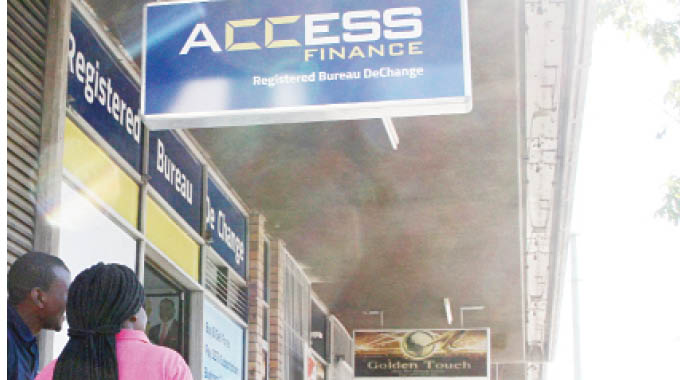Align wage increases to tax revenues growth: IMF

Harare Bureau
WAGE increases for civil servants should be aligned with growth in tax revenues to ensure it does not create an unsustainable burden on the national budget, IMF’s resident representative to Zimbabwe, Patrick Imam, has said.
Mr Imam said wage increases have to be financed in a sustainable way, which is not “printing of money” as in the past.
For years, Zimbabwe grappled with a high wage bill above 90 percent of its total revenue collections, living little for capital and social spending.
This, Mr Imam said, stemmed from significant pay increases above inflation.
The former Government, which consistently ran a huge budget deficit, also resorted to the issuance of Treasury Bills among other inflationary financing methods to pay its ballooning wage bill.
“The Government wage bill increased significantly between 2010 and 2016, driven by higher compensation. The wage bill more than doubled from about 40 percent to nearly 90 percent of tax revenue over this period, primarily, driven by significant pay increases above inflation.
“But unlike in other countries, the issue in Zimbabwe was not the public employment level, which was in line with peers, but rather the public sector wage premium, which was significantly above peers,” explained Mr Imam.
In an interview with our Harare Bureau, Mr Imam said higher wages, together with large agricultural subsidies and transfers to State Owned Enterprises, were the major contributors to unsustainable fiscal deficits during 2015-2018, which caused the breakdown of the dollarised regime.
He, however, said: “going forward, civil servant wages will have to increase, as the Government already announced in its supplementary budget.”
“However, it’s important that it be financed in a sustainable way. In the past years, wage increases were financed by printing money, which in the end was self-defeating as it eroded the purchasing power of the wage increase.
“It is, therefore, important that wage increases be aligned with growth in tax revenues to ensure it does not create an unsustainable burden on the budget,” he explained.
Mr Imam said contrary to sentiment that the country’s Government workforce was too huge, Zimbabwe’s public employment levels were actually “in line with peer countries.”
“In fact, in the future, demographic pressures will require an expansion of public employment in health and education. Ultimately, improvements in these employment ratios and in the quality of service delivery will require even higher public employment growth and spending,” he added.
He explained that although recent reforms under the Transitional Stabilisation Programme are aimed at bringing the government wage bill back to sustainability, the employment numbers “were not the issue” as the adjustment was mainly on the compensation side.
“There were no major layoffs for instance. It is true that despite several nominal wage adjustments since January of last year, high inflation has eroded public sector compensation and the wage premium over the private sector.
“The result of the adjustment is that the public sector wage premium has been eliminated and may even be too low,” said Mr Imam.
Going forward, civil servant wages will have to increase, but Government has insisted it will not print money to fund operations.










Comments